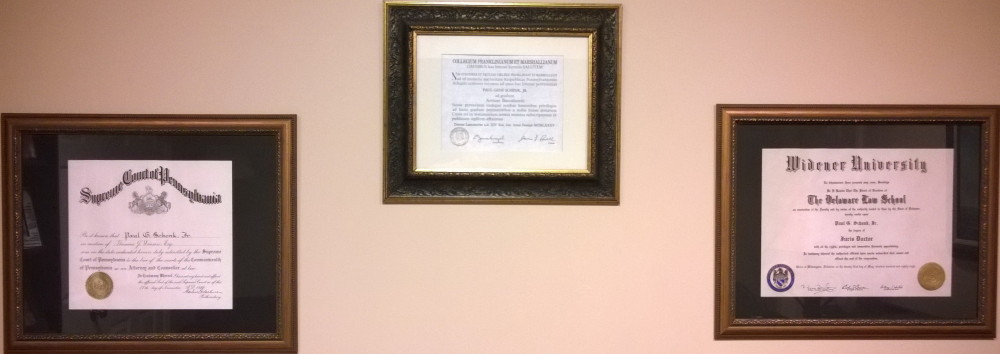THE FOLLOWING STUDY ARTICLE POSTING IS INTENDED TO SUPPORT AWARENESS AND UNDERSTANDING. IT IS ONLY A PRELIMINARY LEVEL LEGAL STUDY ARTICLE AND IT IS NOT LEGAL ADVICE. IF THE READER SEEKS LEGAL ADVICE CONCERNING HIS OR HER PARTICULAR SITUATION, HE OR SHE SHOULD SEEK OUT AN ATTORNEY IN A LAWYER CLIENT RELATIONSHIP.
The Personal Representative Of An Estate Must Well And Truly Administer That Estate According To Law.
An Agent Under A Power Of Attorney Must Act Loyally For The Benefit Of The Principal And Act Impartially For The Principal’s Best Interest.
A. The Personal Representative Of An Estate Must Well And Truly Administer That Estate According To Law. He Or She Must Not Mismanage The Estate Or Jeopardize The Interests Of The Estate For Any Reason.
See 20 Pa. C.S.A. § 3161
Before letters shall be granted to a personal representative by the register, the personal representative shall swear that he will well and truly administer the estate according to law. …
See 20 Pa. C.S.A. § 3182
The court shall have exclusive power to remove a personal representative when he:
(1) is wasting or mismanaging the estate,…, or has failed to perform any duty imposed by law; or
(5) when, for any other reason, the interests of the estate are likely to be jeopardized by his continuance in office.
B. An Agent Under A Power Of Attorney Must Act Loyally For The Benefit Of The Principal And Act Impartially For The Principal’s Best Interest. The Agent Must Attempt To Preserve The Principal’s Estate Plan If That Plan Is Consistent With The Principal’s Best Interest Based On All Relevant Factors. Such Relevant Factors Include Both The Principal’s Foreseeable Obligations And Need For Maintenance As Well As The Principal’s Eligibility for a Benefit, Program or Assistance Under A Statute or Regulation.
See 20 Pa. C.S.A. § 5601.3
(b) Other duties.–Except as otherwise provided in the power of attorney, an agent that has accepted appointment shall:
(1) Act loyally for the principal’s benefit.
(2) Act so as not to create a conflict of interest that impairs the agent’s ability to act impartially in the principal’s best interest.
(6) Attempt to preserve the principal’s estate plan, to the extent actually known by the agent, if preserving the plan is consistent with the principal’s best interest based on all relevant factors, including:
(ii) The principal’s foreseeable obligations and need for maintenance.
(iv) Eligibility for a benefit, program or assistance under a statute or regulation.
